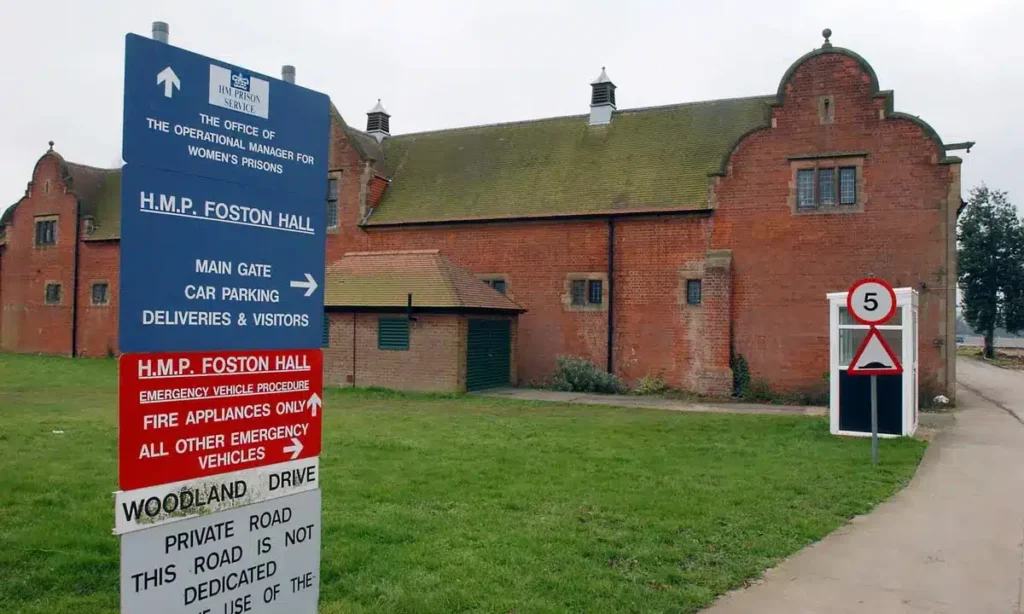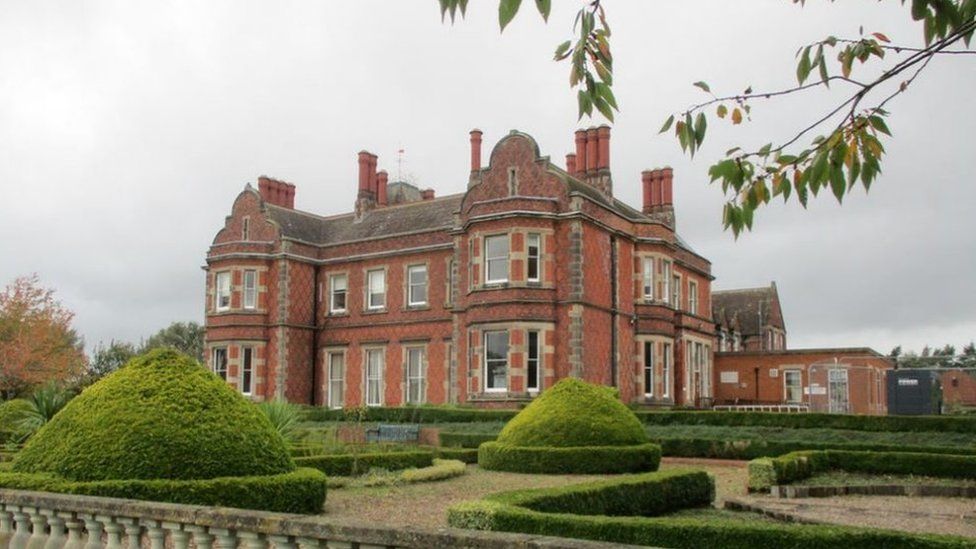What is Foston Hall Prison and Young Offender Institution Like?

Situated three miles away from the small hamlet of Foston in a serene rural setting, HMP Foston Hall serves as a local women’s resettlement prison. With a maximum capacity of 284 inmates, it caters to women on remand and those serving a variety of sentences. The prison’s main focus is on empowering women to turn their lives around and successfully reintegrate into society.
The History and Facility of Foston Hall Prison
Located on what was once the hunting grounds of the Broadhurst family, Foston Hall transitioned through various roles before becoming a closed women’s prison and Young Offenders Institution in 1997. The prison itself is an amalgamation of an old stately home and several modern units, surrounded by well-maintained grounds that offer a conducive environment for individual well-being.
Rehabilitation Programs and Opportunities
At Foston Hall, the aim is not just containment but transformation. Recognizing that many of its inmates have lived through difficult or traumatic experiences, the staff employ a variety of interventions to instill positive change. This includes:
- Behaviour modification programs aimed at addressing the root causes of offending.
- Educational opportunities for skill development, including core subjects like Maths and English.
- Vocational training through work assignments in areas like gardening, kitchen work, workshops, and the gym.

What is Foston Hall Prison and Young Offender Institution Like?
Family Bonding and Community Re-entry
Foston Hall also features a specialized family bonding unit where inmates can have more natural interactions with their children during visits. Moreover, the prison is committed to ensuring that every woman has a stable residence to return to post-release.
Challenges and Concerns
While Foston Hall was rated reasonably good in all aspects during its last inspection in 2019, recent assessments reveal a decline in several areas, particularly safety. Recorded levels of self-harm and violence are notably high, and the approach to crisis management has been deemed reactive and insufficient. New leadership is working on improvements, but considerable challenges remain.
The Present Scenario and Future Outlook
The prison, as of the last inspection, was grappling with staffing issues, a high level of violence, and the lack of a comprehensive strategy to reduce self-harm and better care for those in crisis. Leadership instability has led to inconsistencies in care, safety, and the overall running of the establishment. A change in priorities and managerial strategies is imperative for Foston Hall to improve the safety and well-being of its inmates.
Conclusion
HMP Foston Hall is a facility with a vision for positive change but faces significant challenges that require immediate attention. The prison must prioritize not just the physical well-being but also the emotional and psychological health of its inmates to truly fulfill its role as a women’s resettlement institution.


